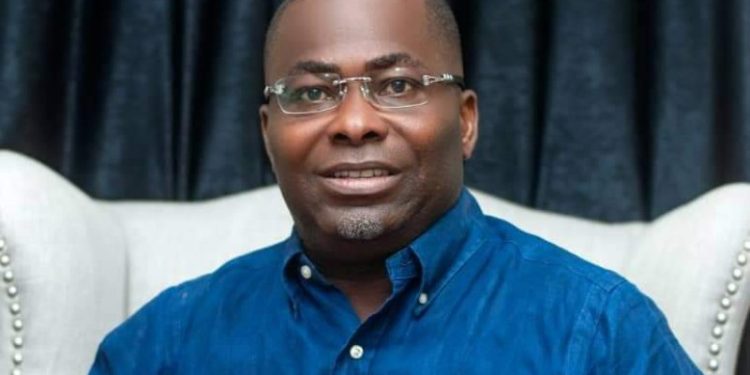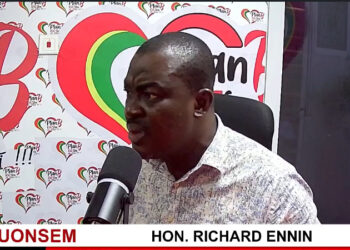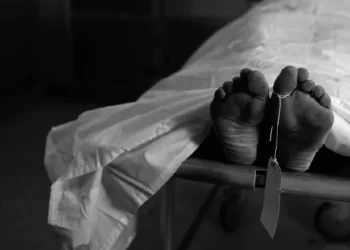The High Court in Accra has fixed November 19 to make a determination as to whether or not an investigative Journalist said to be working with TigerEye PI be made to testify privately (in-camera) in the case involving Charles Bissue and two others.
This follows an application moved formally by Prosecutors of the Office of the Special Prosecutor urging the Court in Accra to protect the safety and welfare potential witness Benjamin Agyapong.
The request has been fiercely opposed by lawyers of Charles Cromwell Nanabanyin Onuawonto Bissue, former Secretary to the now-defunct Inter-Ministerial Committee on Illegal Mining (IMCIM) and the other two accused.
Bissue, the first accused together with Raphael Mensah, former Systems Manager of the GalamStop software, second scuse) and Dr Naa Dedei Tagoe, former Project Coordinator of the IMCIM – third scuse have variously pleaded not guilty to eight counts relating to corruption and corruption-related offences.
In Court on Wednesday, October 5, 2025, before Justice Audrey Kocuvie-Tay, Maame Akua Adiyiah, the lead prosecutor in the case for the OSP while moving the motion for the potential witness to testify in-camera, said the witness has genuine fear for his safety.
She referenced the past events where Ahmed Suale was murdered fews days after his pictures were published to the public, to buttress the point that, the potential witness being a colleague of the deceased harboured.
The OSP prosecutors argued that the court has the authority to grant protection to the witness, allowing him to testify with his face only shown to the parties involved.
They emphasized that the witness’s safety is paramount and that the court should not wait until something happens before taking action
The OSP is not asking for the witness to be put into a witness protection program but rather for the court to exercise its authority to protect the witness’s identity during testimony.
“The issue of corruption is so wide in Ghana,” the prosecutors stated, citing a UN report that many people pay bribes but only a few report it.
The OSP is not asking for the witness to be put into a witness protection program but rather for the court to exercise its authority to protect the witness’s identity during testimony.
They cited a recent Court of Appeal case, Republic vs. Kwasi Nyantakyi, to support their argument that the court should be proactive in protecting witnesses. The OSP believes that refusing this application may deter the witness from testifying, which would not be in the interest of justice.
Opposition
Defence lawyers – Augustines Obuor, Charles Okyere and Opoku Agyei representing the first, second and third accused persons respectively took turns to oppose vehemently against the Request before the High Court presided over by Justice Audrey Kocuvi-Tay.
They argued that the prosecution’s application for the witness to testify in-camera, citing procedural issues with the affidavit.
They also argued that the witness’s employer, TigerEyePI, is not a registered entity, and there’s no evidence to support the witness’s claim of fear.
The defense argued that the prosecution’s application is inadequate and doesn’t meet constitutional and court act criteria.
They questioned the witness’s status as an undercover investigator, noting that his employment details don’t mention this.
“Powerful in what?” The defense also pointed out that the witness’s statement was made six years ago, and there’s been no report of harm despite numerous interactions with authorities.
The defense argued that the prosecution hasn’t shown that testifying in-camera is necessary for public morality, safety, or order.
They cited constitutional provisions, including Article 126(3) and Article 19(14) and (15), which allow for exceptions to public trials.
The defense emphasized that the prosecution hasn’t demonstrated how public testimony would prejudice the public interest.










Discussion about this post